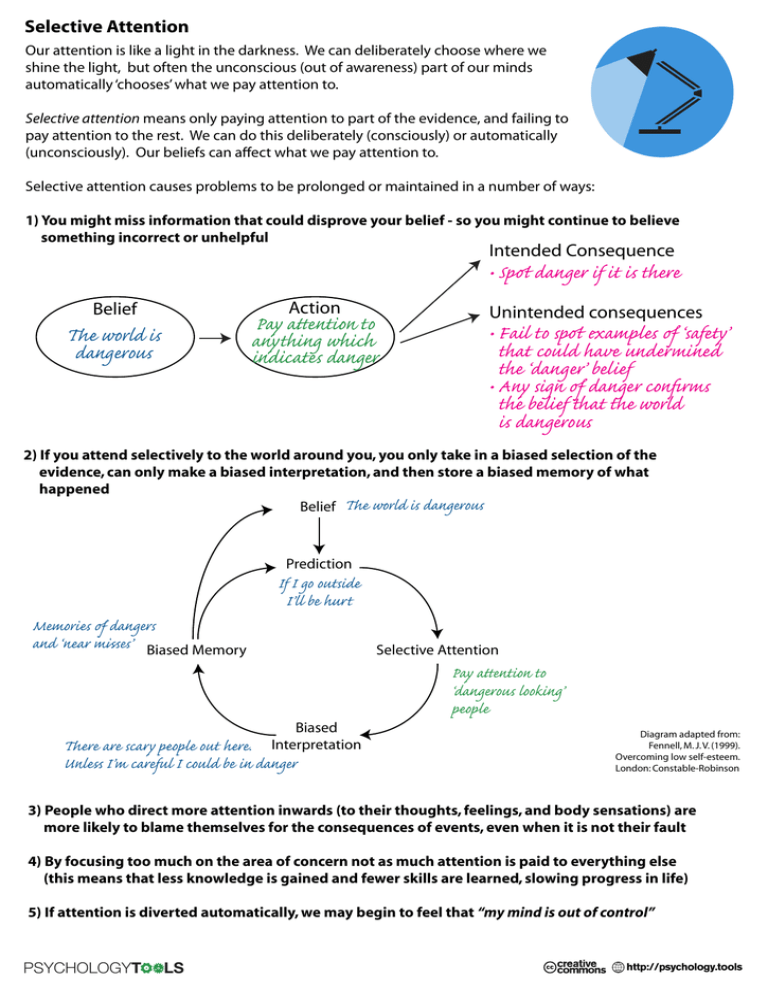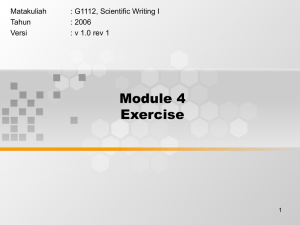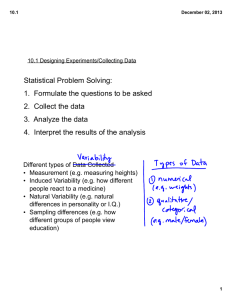e world is dangerous Pay a ention to anything which indicates
advertisement

Selective Attention Our attention is like a light in the darkness. We can deliberately choose where we shine the light, but often the unconscious (out of awareness) part of our minds automatically ‘chooses’ what we pay attention to. Selective attention means only paying attention to part of the evidence, and failing to pay attention to the rest. We can do this deliberately (consciously) or automatically (unconsciously). Our beliefs can affect what we pay attention to. Selective attention causes problems to be prolonged or maintained in a number of ways: 1) You might miss information that could disprove your belief - so you might continue to believe something incorrect or unhelpful Intended Consequence • Spot danger if it is there Action Belief Pay attention to anything which indicates danger The world is dangerous Unintended consequences • Fail to spot examples of ‘safety’ that could have undermined the ‘danger’ belief • Any sign of danger confirms the belief that the world is dangerous 2) If you attend selectively to the world around you, you only take in a biased selection of the evidence, can only make a biased interpretation, and then store a biased memory of what happened Belief The world is dangerous Prediction If I go outside I’ll be hurt Memories of dangers and ‘near misses’ Biased Memory Selective Attention Biased There are scary people out here. Interpretation Unless I’m careful I could be in danger Pay attention to ‘dangerous looking’ people Diagram adapted from: Fennell, M. J. V. (1999). Overcoming low self-esteem. London: Constable-Robinson 3) People who direct more attention inwards (to their thoughts, feelings, and body sensations) are more likely to blame themselves for the consequences of events, even when it is not their fault 4) By focusing too much on the area of concern not as much attention is paid to everything else (this means that less knowledge is gained and fewer skills are learned, slowing progress in life) 5) If attention is diverted automatically, we may begin to feel that “my mind is out of control” PSYCHOLOGYT LS http://psychology.tools

